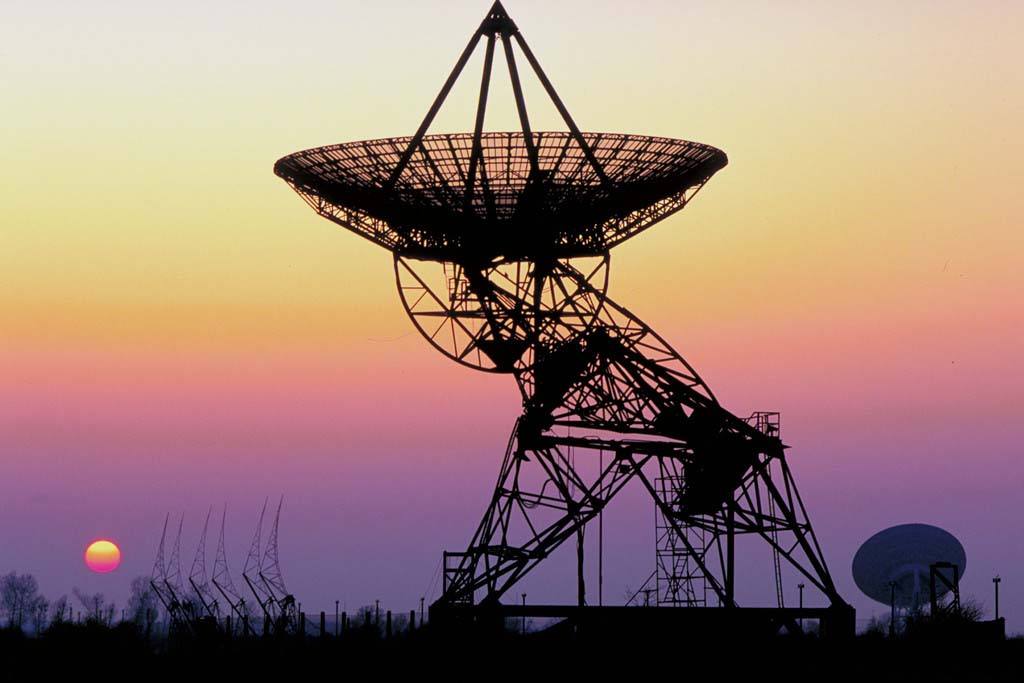noticias
Bidirectional DC-DC Converter: Efficient Power Conversion in Both Directions
Autor: Módulo de potencia ZYG Time: 2023-7-1
Introduction
In recent years, there has been a significant increase in the demand for bidirectional power conversion systems. These systems allow power to flow in both directions, enabling efficient energy transfer between different sources and loads. One crucial component of such systems is the bidirectional DC-DC converter. This article will delve into the working principle and advantages of the bidirectional DC-DC converter, highlighting its role in achieving efficient power conversion.
Working Principle
A bidirectional DC-DC converter is a power electronic device that converts direct current from one voltage level to another, while also allowing power flow in both directions. It consists of two main parts: an input stage and an output stage. The input stage typically consists of an active rectifier, which rectifies the input voltage, and a boost converter, which steps up the voltage as required. The output stage comprises a buck converter, which steps down the voltage, and an inverter, which converts DC to AC if needed.
When power flows from the input to the output, the active rectifier and the boost converter work together to increase the voltage level. This configuration allows efficient power transfer from a lower voltage source to a higher voltage load. On the other hand, when power needs to flow from the output to the input, the buck converter and the inverter step down the voltage and convert it to AC if necessary. This bidirectional capability makes the converter suitable for various applications, such as energy storage systems, electric vehicles, and renewable energy integration.
Advantages of Bidirectional DC-DC Converter
1. Energy Efficiency: Bidirectional DC-DC converters offer high energy efficiency due to their ability to transfer power in both directions. By facilitating bidirectional power flow, these converters minimize energy losses and ensure optimal utilization of the available power sources.
2. Power Flow Control: The bidirectional DC-DC converter provides effective control over the power flow direction and magnitude. This feature is particularly useful in applications where power needs to be transferred bidirectionally, such as in energy storage systems. The converter allows seamless switching between charging and discharging modes, ensuring efficient energy management.

3. Voltage Regulation: Bidirectional DC-DC converters enable voltage regulation in systems with different voltage levels. They can step up or step down the voltage as required, allowing compatibility between various sources and loads. This flexibility makes them ideal for integration with renewable energy sources, where voltage levels can vary significantly.
4. Improved System Reliability: By providing bidirectional power transfer, the converter enhances system reliability. It allows for redundancy in power sources, ensuring uninterrupted power supply even in the event of a failure or fluctuation in one source. This feature is especially critical in applications where a reliable power supply is essential, such as in healthcare or critical infrastructure.
Conclusion
The bidirectional DC-DC converter plays a vital role in achieving efficient power conversion in both directions. Its ability to transfer power bidirectionally, coupled with its energy efficiency and power flow control capabilities, makes it a crucial component in various applications. As the demand for bidirectional power conversion continues to rise, further research and development in this field can lead to even more advanced and efficient converters, contributing to a sustainable and reliable energy future.
Anterior: 24V AC to DC Converter: Efficiently Powering Your Devices with Ease
Próximo: SP Series: The Ultimate AC DC Converter for Uninterrupted Power Supply
informacion relevante
-
2024-11-22
New Energy High Voltage Power Supply: Efficient and Stable Green Power
As a core component in the field of new energy technology, new energy high-voltage power supply with its high efficiency and stability plays an important role in promoting the development of green energy. This power supply not only improves the energy conversion efficiency, but also reduces the loss in the energy transmission process, thus providing solid technical support for the widespread application of renewable energy. The original intention of designing new energy high voltage power supply is to meet the special requirements of new energy power generation technology. Compared with traditional power supplies, new energy high voltage power supply has significant advantages in voltage output. It can convert low voltage DC or AC into high voltage DC or high voltage...
Ver detalles -
2023-6-10
ZP Series AC DC Converter: Efficient Power Conversion for Your Devices
In today's world, electronic devices are an integral part of our daily lives. From smartphones and laptops to household appliances and medical equipment, we rely on these devices to make our lives easier and more efficient. However, all of these devices require a power source to function, and different devices require different levels of power. That's where the ZP Series AC DC Converter comes in. The ZP Series AC DC Converter is an electronic device that converts alternating current (AC) power into direct current (DC) power, making it suitable for powering a wide range of electronic devices. These converters are designed to be efficient and reliable, and they come in a variety of sizes and power ratings to suit different...
Ver detalles -
2023-8-21
High quality AC/DC Power Supply Module: Revolutionizing Electrical Systems
Introduction From powering our homes to fueling industries, the importance of a stable and reliable power supply cannot be overstated. One crucial component that has revolutionized electrical systems is the AC/DC power supply module. This article aims to delve into the workings and significance of this module in our daily lives. Understanding the AC/DC Power Supply Module The AC/DC power supply module is an electronic device that converts alternating current (AC) into direct current (DC). It acts as a bridge between the mains power supply and the electrical equipment, ensuring a smooth and continuous flow of power. This module is commonly used in a wide range of devices, including computers, televisions, smartphones, and industrial machinery. Working Principle The AC/DC power...
Ver detalles -
2023-4-13
AC-DC Converter: Making the Switch from Alternating to Direct Current
AC-DC converters, also known as rectifiers, are electronic devices that convert alternating current (AC) to direct current (DC). This is important because most electronic devices, such as computers and televisions, require DC in order to operate. AC-DC converters are used extensively in power supply applications and are a common component in many electronic devices. The process of AC-DC conversion begins with the rectification of the AC signal. Rectification is the process of converting the AC signal into a DC signal by removing the negative portion of the waveform. This is done using a rectifier diode, which allows current to flow in only one direction. The result is a pulsating DC signal that has a voltage equal to the peak value...
Ver detalles -
2023-8-13
12V AC to DC Converter for LED: Efficiently Powering Your LED Lighting Systems
Introduction In recent years, LED lighting systems have gained immense popularity due to their energy efficiency and longer lifespan compared to traditional lighting options. However, powering these systems can be a challenge, as they require direct current (DC) while most power sources provide alternating current (AC). To bridge this gap, a 12V AC to DC converter comes into play. This article aims to explore the significance of this converter in efficiently powering LED lighting systems, shedding light on its functionality, benefits, and applications. Functionality and Working Principle At its core, a 12V AC to DC converter is an electrical device that converts alternating current (AC) into direct current (DC). This process involves several key components, including a transformer, rectifier, and...
Ver detalles -
2023-5-15
24V AC to DC Converter: Converting Alternating Current to Direct Current
A 24V AC to DC converter is a device that is used to convert alternating current (AC) to direct current (DC). This type of converter is commonly used in electronic devices and equipment that require a stable and consistent power supply. In this article, we will discuss the basic principles of AC to DC conversion, the different types of 24V AC to DC converters, and their applications. Principles of AC to DC Conversion AC power is supplied to most homes and buildings through the power grid. AC power changes direction and magnitude periodically, which means that the voltage level of the power supply may vary over time. In contrast, DC power flows in only one direction and maintains a constant...
Ver detalles


















